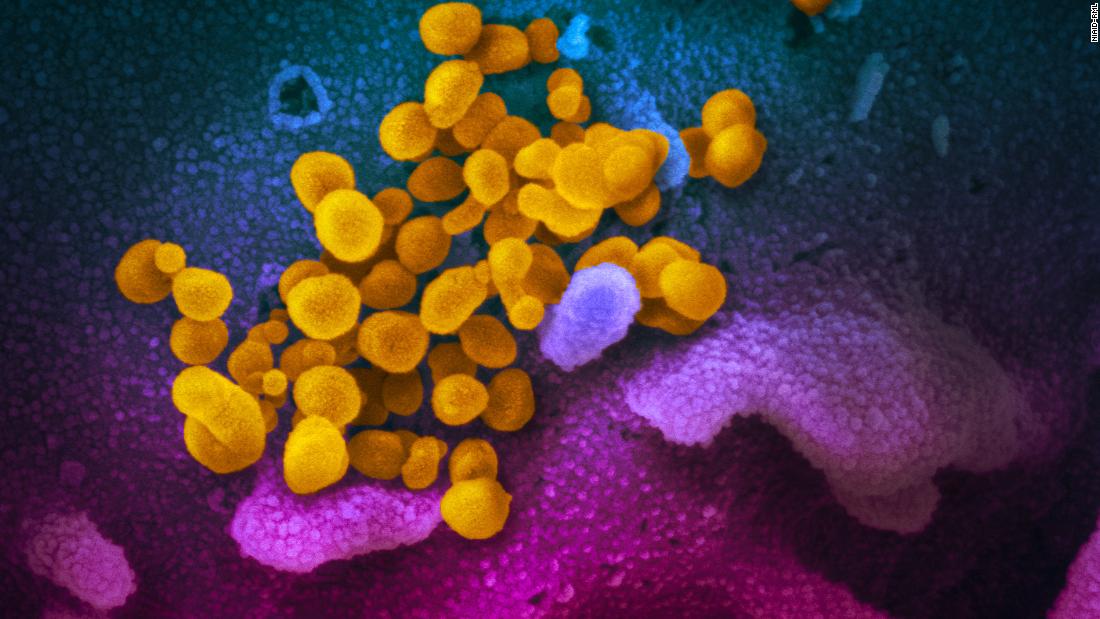
The feline infection was confirmed after testing in the Animal and Plant Health Agency (APHA) laboratory in Weybridge, England on July 22, according to a UK government press release.
The government said the cat was “the first confirmed case of an animal infection with the coronavirus strain in the UK”. She said there was no evidence that the cat had transmitted the virus to its owners.
“All available evidence suggests that the cat contracted the coronavirus from its owners who had previously tested positive for Covid-19,” the press release added.
The cat was initially diagnosed by a private veterinarian with feline herpes virus, a common respiratory infection among cats, but was also tested for SARS-CoV-2 as part of a research program. Follow-up tests in the APHA laboratory confirmed that the cat had SARS-CoV-2, which manifests as Covid-19 in humans.
‘Rare event’
Veterinary Director Christine Middlemiss called it a “very rare event” in which “infected animals detected to date show only mild clinical signs and recover within a few days.”
Yvonne Doyle, medical director of Public Health England, said “it was not cause for alarm,” adding that “there was no evidence that pets can transmit the disease to humans.”
That is an opinion shared by other animal health experts.
“It has been clear for a while that cats are susceptible to infection, but there is no evidence that they can infect humans,” said James Wood, head of the department of veterinary medicine at the University of Cambridge, adding that only one handful of pets “have been found infected worldwide.”
“The overall data continues to suggest that cats can be infected by their owners if their owners have Covid-19, but there is no suggestion that they can pass it on to owners. This reflects the advice that if possible, when infected, Owners must keep their cats indoors, “he said.
Reports of cats and dogs testing positive for coronaviruses have been received in New York, Hong Kong, and the Netherlands.
.